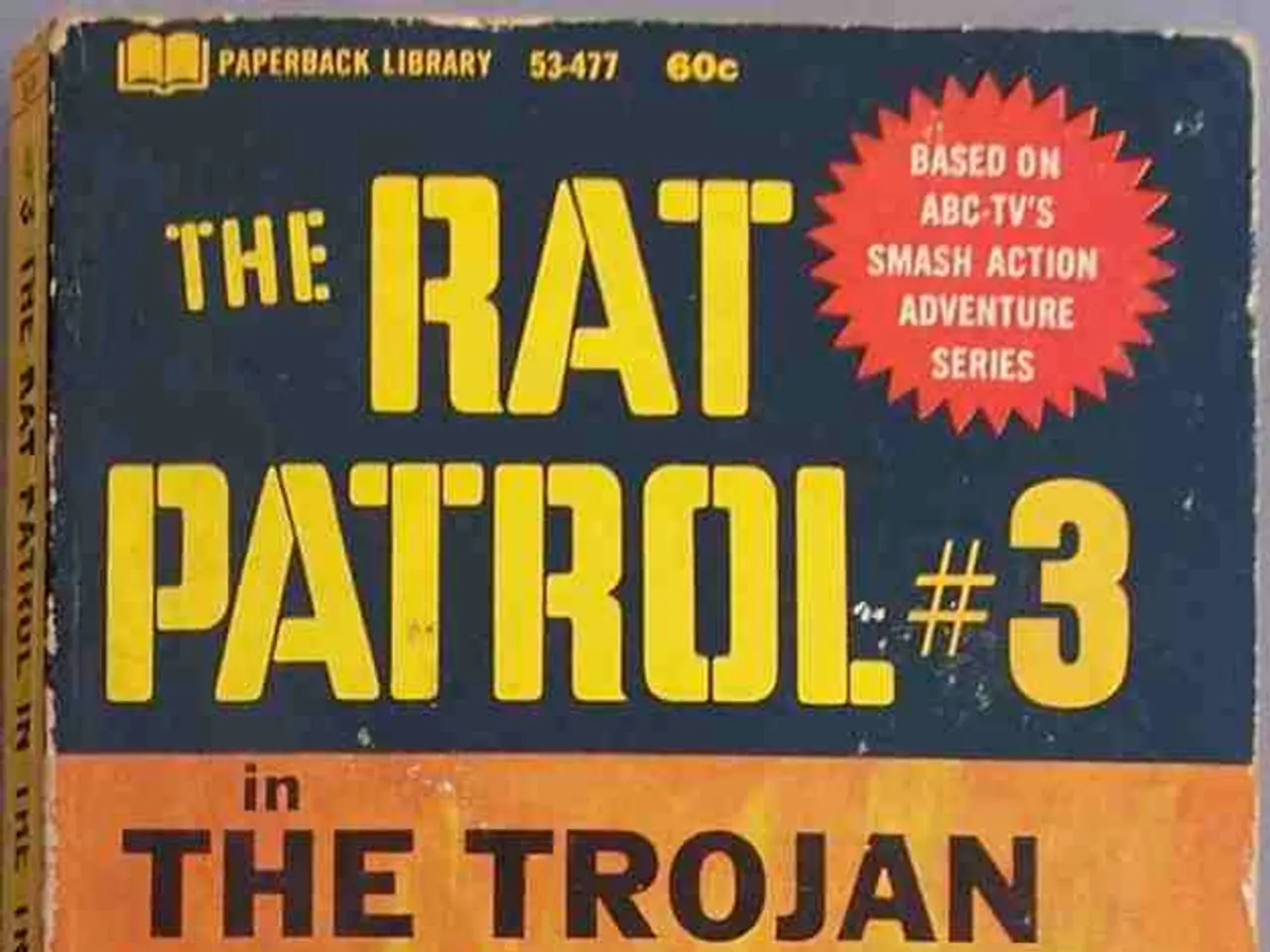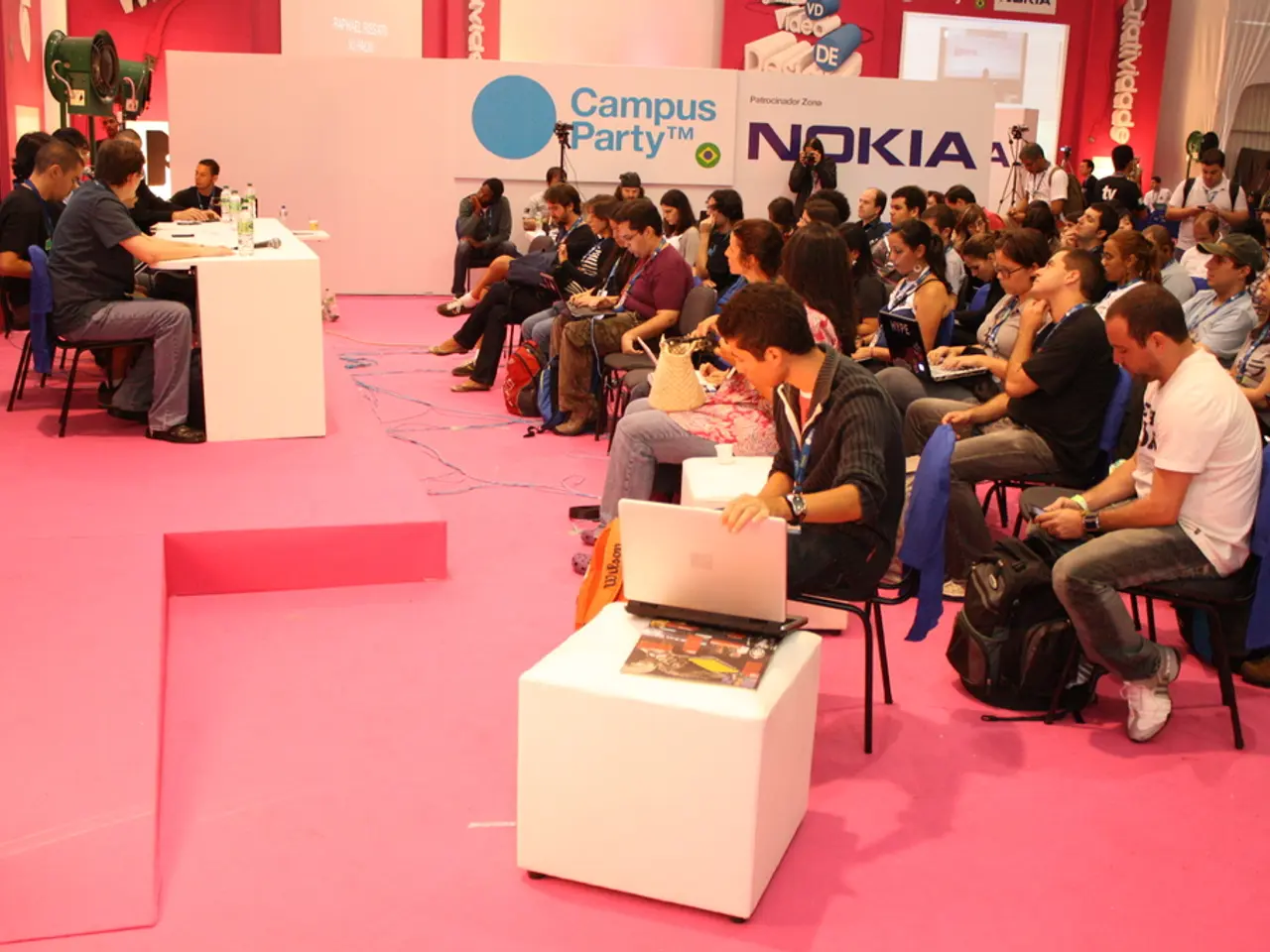US Patent and Trademark Office (USPTO) and Patent Trial and Appeal Board (PTAB) August 2025 Update
The United States Patent and Trademark Office (USPTO) has announced a new policy for Inter Partes Review (IPR) petitions, effective from September 1, 2025. The policy change aims to ensure that IPR petitions are grounded exclusively in tangible prior art publications, aligning more closely with statutory requirements.
Strict Enforcement of IPR Petition Policy
Under the new policy, each claim limitation in an IPR petition must be mapped to explicit disclosure in prior art patents or printed publications. Applicant-admitted prior art, expert testimony, common sense, and other general knowledge will no longer be permitted to supplement missing elements. Petitions that fail to comply with this requirement risk denial.
This policy change is rooted in the enforcement of 37 C.F.R. § 42.104(b)(4), which requires petitioners to specifically identify where each claim limitation is found within prior art patents or printed publications. A memorandum issued by the USPTO Acting Director on July 31, 2025, clarified that this rule will be strictly enforced.
AI-Powered DesignVision Tool
In a separate development, the USPTO has also introduced the AI-powered DesignVision tool to aid design patent examiners in searching prior art. The tool, added to the Patents End-to-End (PE2E) search suite, is designed to streamline the process of finding relevant prior art, thereby enhancing the efficiency of the patent examination process.
Other Recent Developments
- Senators Margaret Wood Hassan and Josh Hawley introduced S.2658 on August 1, a bill requiring sponsors of drug applications and holders of approved applications to provide certain submissions and communications to the Food and Drug Administration (FDA) and the USPTO.
- On July 11, 2025, the USPTO expanded its accelerated grant program to allow for accelerated examination in Belize, Guatemala, and the United Arab Emirates.
- Acting Director Stewart addressed the World Intellectual Property Organization (WIPO) regarding traditional knowledge, genetic resources, the cost-effectiveness of the Patent Cooperation Treaty (PCT) system, and the promotion of intellectual property rights on July 9, 2025.
- Representative Joe Neguse introduced H.R.4570 on July 21, the Interagency Patent Coordination and Improvement Act of 2025, which would establish an interagency task force between the USPTO and the FDA.
- Senators Peter Welch, Josh Hawley, and Amy Klobuchar introduced S.2276 on July 15, the ETHIC Act, which would only allow one patent from the same patent group to be asserted against defendants in generic or biosimilars infringement actions.
- On July 23, 2025, the USPTO announced that all hearings before the Patent Trial and Appeal Board (PTAB) will be held in-person at USPTO offices starting September 1, 2025, with the option for remote attendance by request.
- On July 17, the Senate unanimously agreed to S.Res.314, recognising the importance of trademarks in the economy and the role of trademarks in protecting consumer safety, by designating July as "National Anti-Counterfeiting and Consumer Education and Awareness Month."
- In various patent cases, decisions have been made to vacate decisions granting institution and denying institution due to errors in the Board's analysis of Fintiv factors and weighing of the Fintiv factors, as well as erring by affording too much weight to an "enhanced" stipulation and not enough weight to the strength of the petition.
- The USPTO has issued a notice regarding statutory penalties for false assertions or certifications of small and micro entity status.
- The US Department of Commerce is considering a proposal to charge patent holders a percentage of their patent's value as an additional fee to raise revenue.
- The USPTO has announced a notice of appointment for the Performance Review Board for Senior Level and Senior Executive Service positions at the USPTO.
- In Cirrus Logic, Inc. v. Greenthread, LLC, IPR2024-00001 & IPR2024-00016, the decision vacating the Final Written Decision and remanding for further proceedings was made on July 23, 2025, due to the need for the Board to determine whether Petitioner has met its burden of demonstrating it is not time-barred under § 315(b).
- In ZyXEL Communications Corporation v. UNM Rainforest Innovations, IPR2021-00375, the decision vacating-in-part Termination Order and remanding for further proceedings was made on July 2, 2025, due to the need for the Board to consider issues on remand from the Federal Circuit prior to terminating as to Patent Owner.
- In Samsung Electronics Co., Ltd. v. Headwater Research LLC, IPR2024-01396 & IPR2024-01407, the decision vacating the decision granting institution and denying institution was made on July 22, 2025, due to the Board erring in its weighing of the Fintiv factor 2 regarding proximity of the trial date to a final written decision.
- The USPTO is collecting information on opinions about the services it provides to patent application customers through the Patents External Quality Survey.
[1] USPTO Policy on Inter Partes Review Petitions [2] USPTO Memorandum on Strict Enforcement of IPR Petition Policy [3] DesignVision Tool for Design Patent Examiners [4] S.2658: Drug Application Submissions and Communications to FDA and USPTO [5] H.R.4570: Interagency Patent Coordination and Improvement Act of 2025 [6] S.2276: Eliminating Multiple Patent Abuses Act [7] S.Res.314: National Anti-Counterfeiting and Consumer Education and Awareness Month [8] Notice of Appointment for Performance Review Board [9] Patents External Quality Survey
- Theimportance of adhering to intellectual property (IP) rights, as enforced by the USPTO's new policy on Inter Partes Review (IPR) petitions, extends beyond patents, as demonstrated in the sports industry where unauthorized use of team logos can lead to legal issues.
- As football season approaches and intellectual property rights become a topic of concern for sports leagues, the USPTO's strict enforcement of IPR petition policies could set a precedent for handling potential intellectual property disputes, such as plagiarism of game strategies or unauthorized uses of player images.








